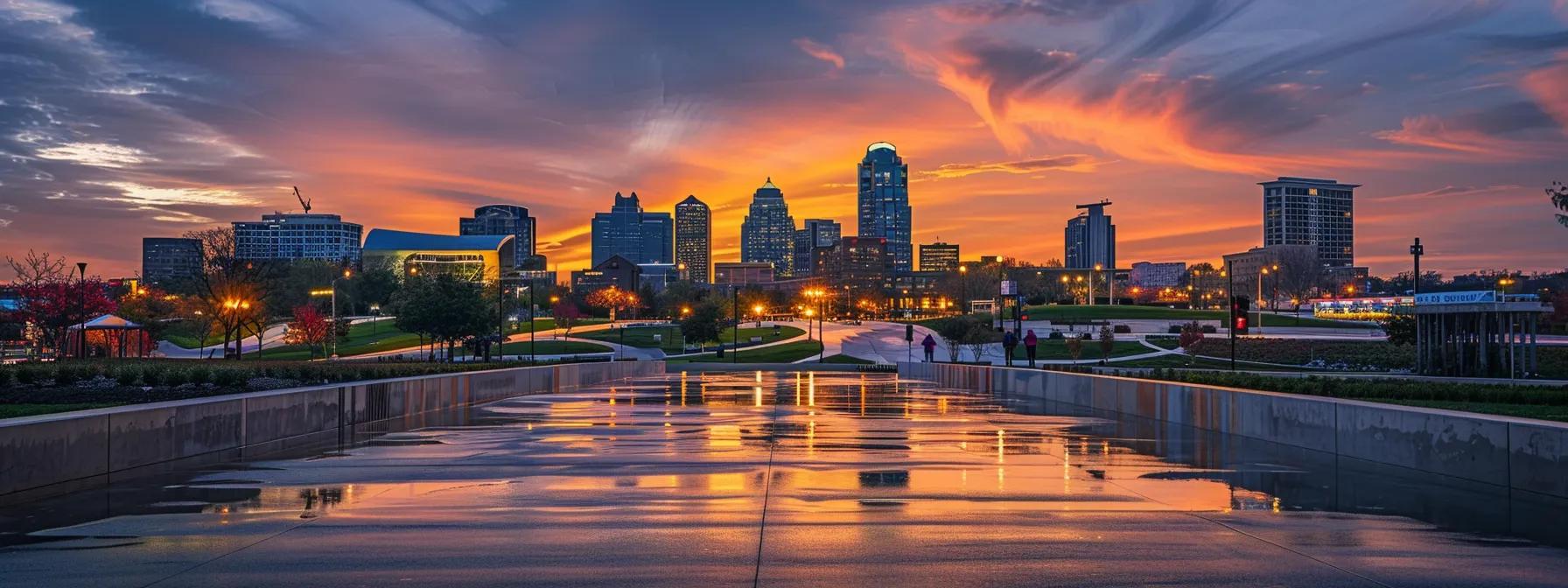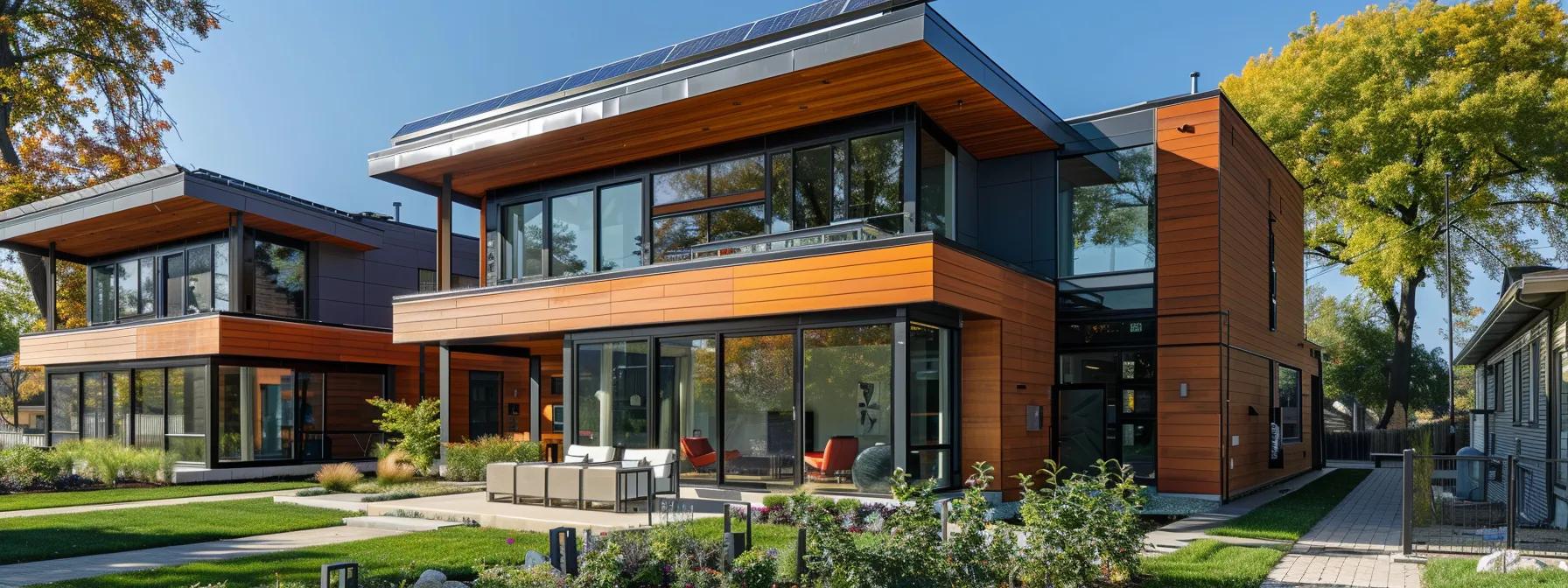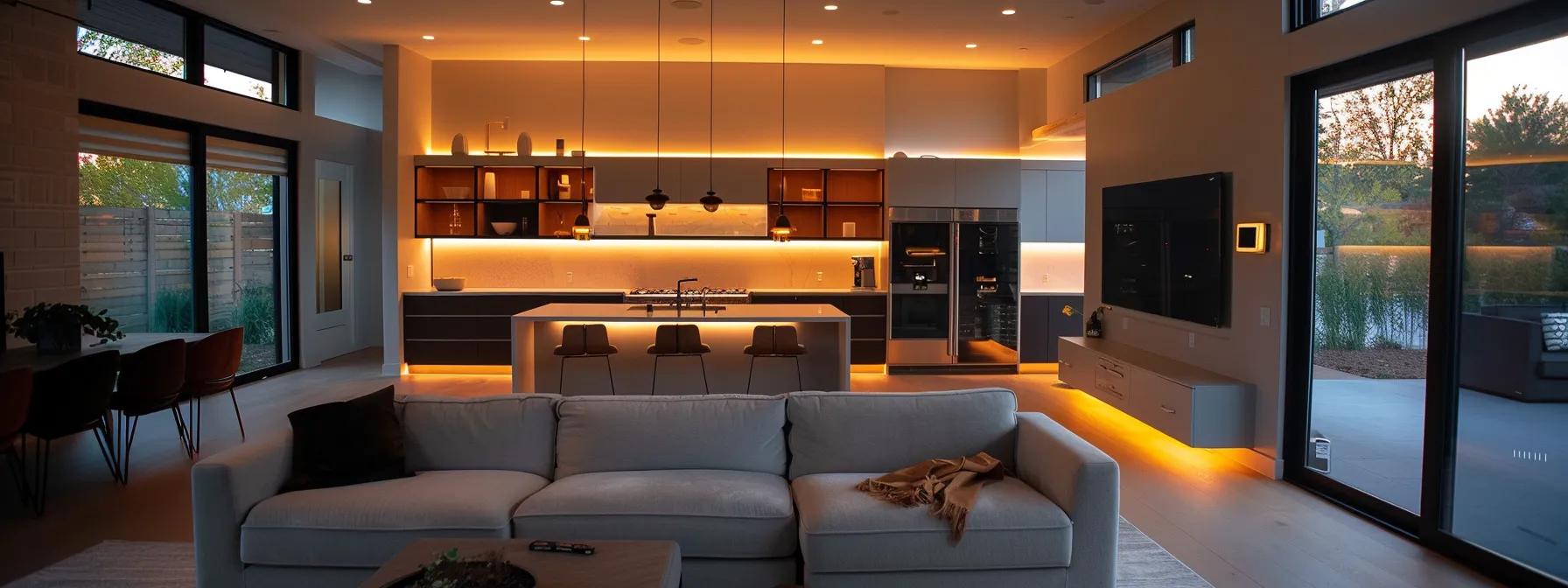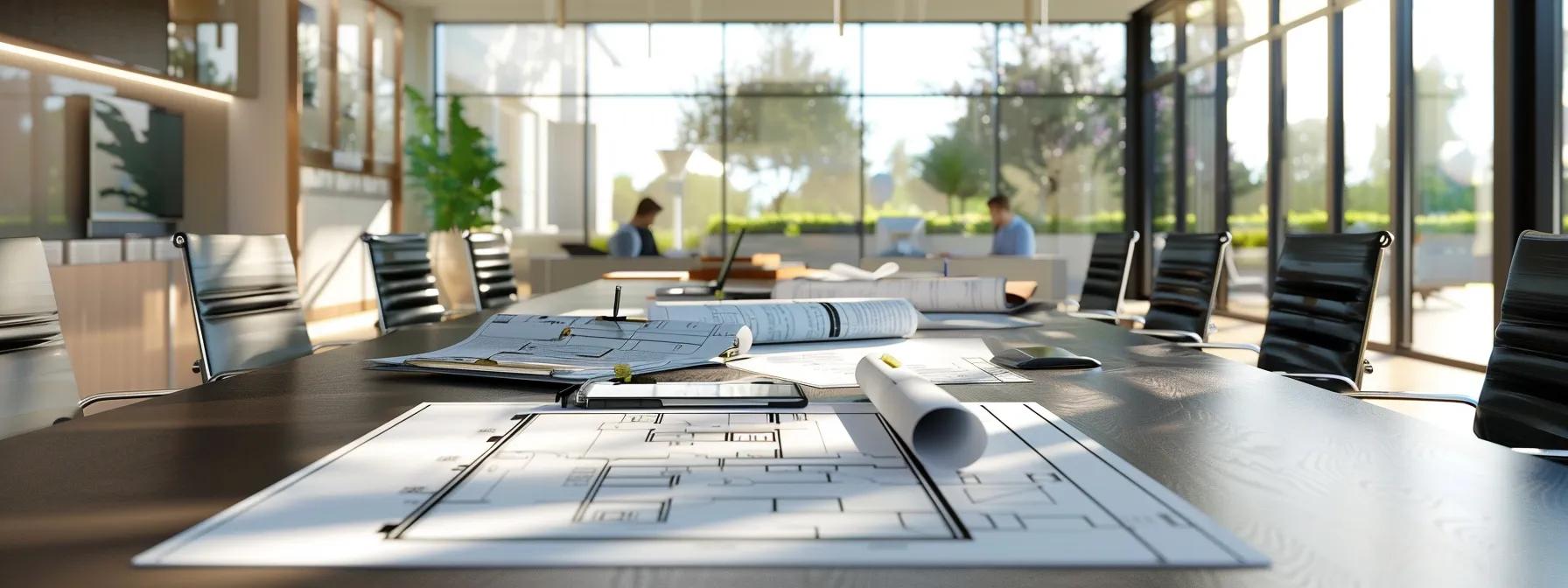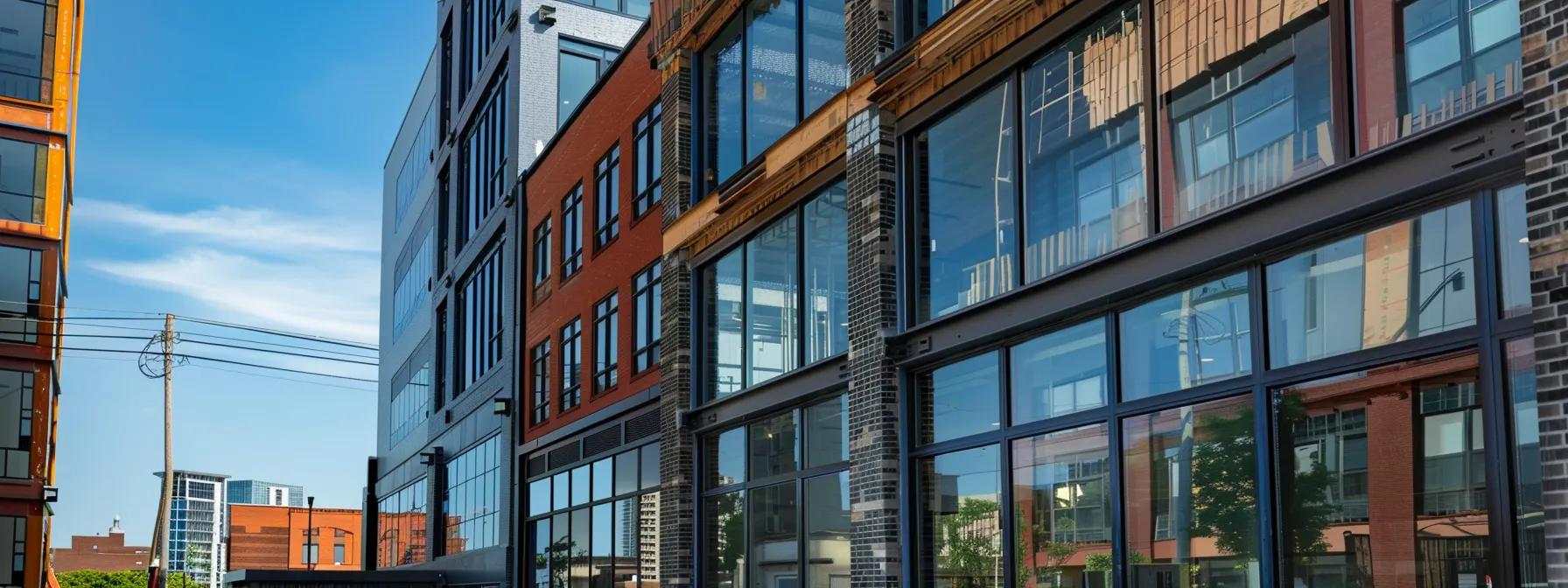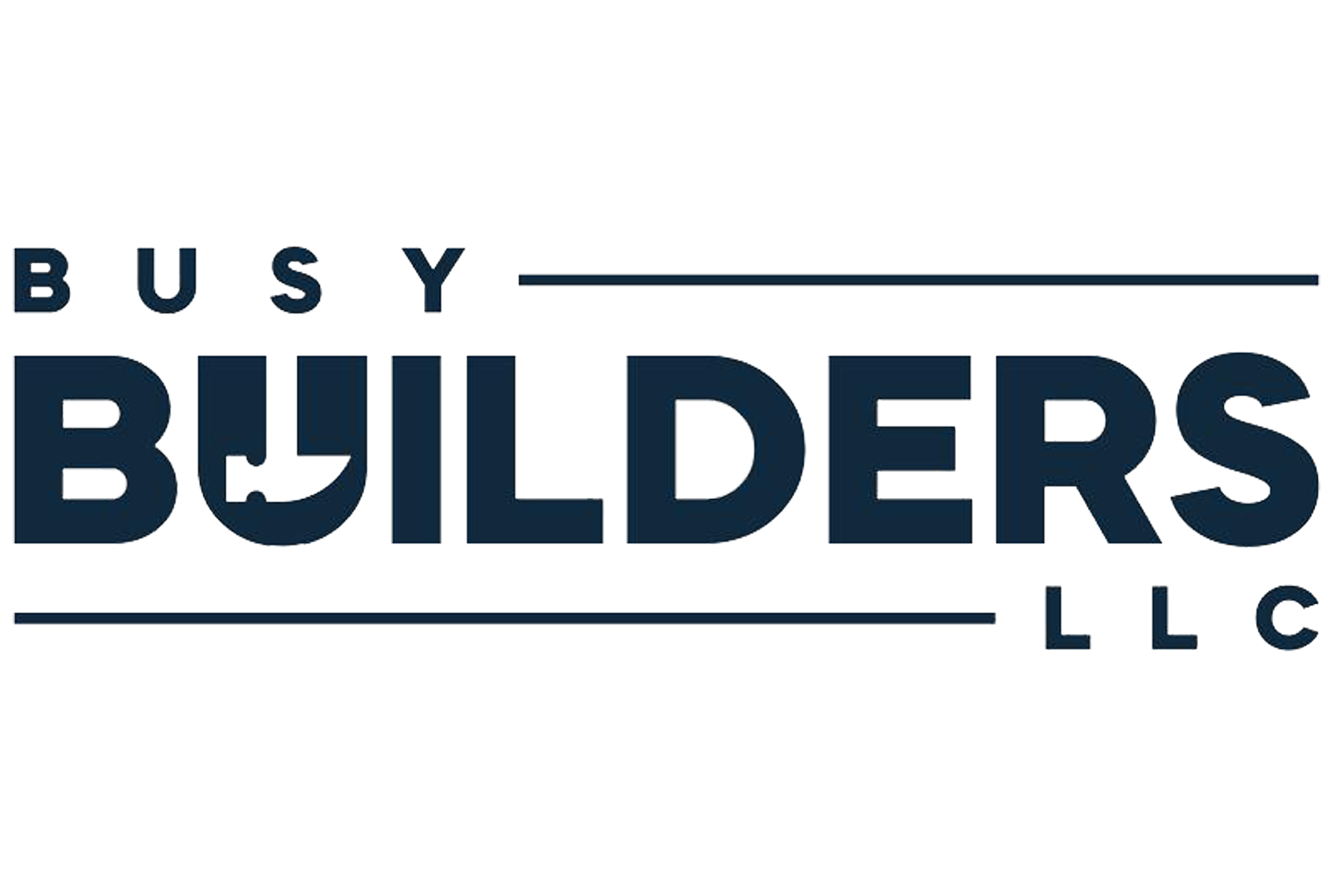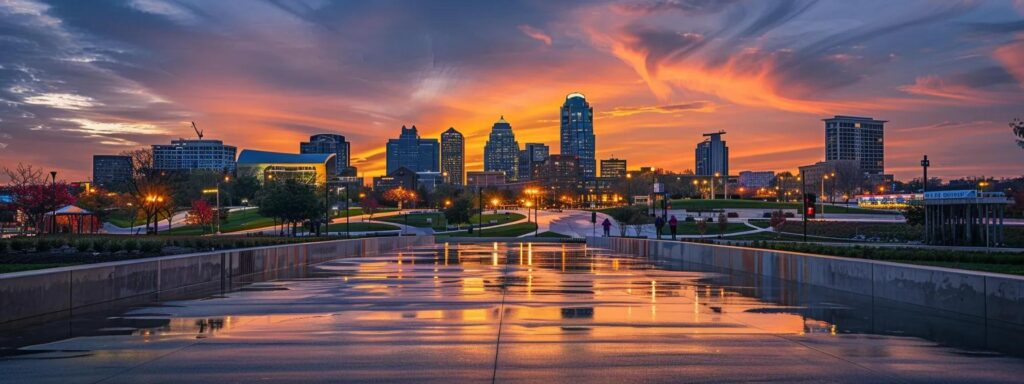
Table Of Contents:
- Home Building Trends Reshaping Des Moines Today
- What Are the Latest Sustainable Building Trends in Des Moines?
- How Is Smart Home Technology Transforming Des Moines Homes?
- What Modern Home Design Trends Are Shaping Des Moines Today?
- How Is the Des Moines Real Estate Market Influencing New Home Construction?
- What Should Homeowners Know About Building Custom Homes in Des Moines?
- What Are the Emerging Innovations in Building Materials for Des Moines Homes?
- How Can Homeowners Stay Informed About Home Building Trends in Des Moines?
- Frequently Asked Questions
Home Building Trends Reshaping Des Moines Today
The residential construction market in Des Moines is rapidly evolving. Innovations in sustainable building, smart home technology, modern design, and shifts in the real estate market are driving these changes. Homeowners and builders now focus on creating energy efficient, technologically advanced, and aesthetically appealing homes that suit personal lifestyles. This article reviews sustainable practices, smart technology integration, modern design, real estate influences, custom home building, home-building, innovative materials, and resources for staying informed—all key to today’s home developments.
What Are the Latest Sustainable Building Trends in Des Moines?
Sustainable building in Des Moines focuses on environmentally responsible designs, low energy use, and resource-efficient practices. Many homes now feature advanced insulation, energy-saving windows, solar panels, and eco-friendly materials like reclaimed wood or recycled metal.
How Is Sustainable Building Defined in the Des Moines Market?
In Des Moines, sustainable building means designs that conserve energy, improve indoor air quality, and use locally sourced materials. Local builders follow strict codes and pursue LEED or ENERGY STAR certifications that help homeowners understand benefits like lower utility costs and improved durability. These projects also incorporate rainwater harvesting, natural landscaping, and proper site planning to better withstand extreme weather.
What Are the Benefits of Energy-Efficient Homes in Des Moines?
Energy-efficient homes help homeowners save money and reduce their carbon footprint. Features such as high-performance heating/cooling systems, sealed windows, solar panels, and geothermal systems can reduce energy use by over 30%, leading to lower bills and enhanced indoor comfort. Such homes also gain higher real estate value because buyers appreciate long-term savings and reduced operating costs.
Which Green Building Certifications Are Popular Locally?
Common certifications include LEED and ENERGY STAR. These certifications ensure a minimum standard in energy efficiency, water conservation, and sustainable material use. Local associations may also offer regional standards suitable for Iowa’s climate, guiding builders and helping market eco-friendly homes.
What Sustainable Building Materials Are Used in Des Moines Homes?
Builders favor materials with low environmental impact—such as reclaimed wood, recycled metal, bamboo flooring, and low-VOC paints. These choices not only improve indoor air quality and extend the lifespan of a home but also reduce waste. Local suppliers help reduce transportation costs while supporting community growth.
How Do Local Building Codes Support Sustainable Construction?
Local codes now include requirements for energy efficiency, water conservation, and improved indoor air quality. These standards encourage the use of smart sensors, better insulation, and simplified approval for renewable energy systems like solar panels, ensuring new constructions set benchmarks for sustainability.
How Is Smart Home Technology Transforming Des Moines Homes?
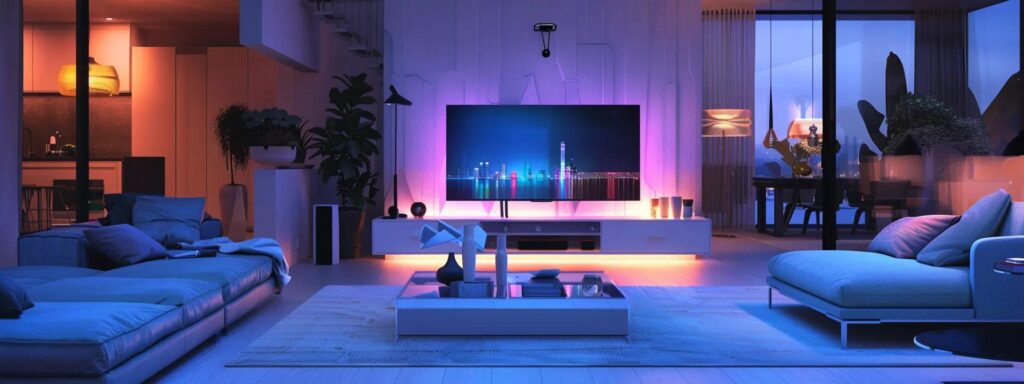
Smart home technology is transforming how residents manage their households through automation, enhanced security, and improved energy management. Homeowners can now control lighting, temperature, and security remotely, increasing both convenience and property value.
What Smart Home Automation Features Are Most Common in Des Moines?
Common features include programmable thermostats, automated lighting systems, voice-activated assistants, smart refrigerators, and integrated home security systems. Home automation hubs connect various devices, offering real-time energy use data and allowing systems to learn usage patterns for improved savings.
How Does Smart Home Security Enhance Local Residences?
Modern security systems incorporate networked cameras, motion sensors, smart locks, and alarm systems that notify homeowners via smartphones. Features like facial recognition and remote monitoring have made these systems essential for deterring intruders and ensuring peace of mind.
What Are the Benefits of Smart Home Energy Management?
Smart energy systems monitor and adjust energy use continuously. They provide homeowners with analytics to spot inefficiencies, automatically activate energy-saving modes, and integrate with renewable energy sources like solar panels. These advances lower utility costs and support a more sustainable lifestyle in an era of rising energy prices.
How Are Des Moines Builders Integrating Smart Technology?
Builders are pre-wiring homes for data and power management and offering upgrade packages that include smart home hubs and integrated security systems. These modern additions not only future-proof properties but also meet the increasing demand for connectivity and efficient home management.
What Modern Home Design Trends Are Shaping Des Moines Today?
Modern home design in Des Moines emphasizes clean lines, open spaces, and functional as well as aesthetic balance. Today’s designs combine simplicity with innovative touches like smart technology and sustainable materials.
What Defines Contemporary Architecture in Des Moines Homes?
Contemporary Des Moines homes use large windows, flat or shed roofs, and a mix of industrial and natural materials, creating a light and airy atmosphere. Interiors feature neutral color palettes, open floor plans, and flexible spaces that adapt easily to changing needs, making them ideal for family gatherings and remote work setups.
Why Are Open Floor Plans Popular Among Des Moines Homeowners?
Open plans remove unnecessary walls to brighten interior spaces and enhance connectivity among living areas. This approach not only makes homes appear larger but also complements smart technology integration, allowing sensors and automated systems to function more efficiently.
How Is Minimalist Design Influencing Local Home Aesthetics?
Minimalism, with its focus on uncluttered spaces and neutral tones such as white, gray, and earth tones, creates calming environments. The style prioritizes multipurpose furniture and storage solutions, which maintain order and enhance the sense of space—important factors in today’s competitive market.
Which Local Architects and Designers Are Leading Modern Trends?
Firms like West Des Moines Design Studio and Frontier Architecture lead in creating modern, energy-efficient homes. They blend sustainability, minimalist design, and smart technology, setting trends that continually redefine local architecture and appeal to modern buyers.
How Is the Des Moines Real Estate Market Influencing New Home Construction?
The local real estate market strongly influences new home designs. Fluctuating home prices, interest rates, and mortgage dynamics drive builders to develop innovative, space-maximizing designs that meet cost and energy efficiency goals.
What Are the Best Neighborhoods for New Construction in Des Moines?
Neighborhoods in West Des Moines, North Des Moines, and certain suburbs are popular due to their proximity to urban centers, good school districts, and community amenities. These areas attract modern, energy-efficient homes with advanced features, appealing to both first-time buyers and investors.
How Do Home Prices Affect Custom Home Building Decisions?
Rising home prices push builders to design homes that maximize space and incorporate energy-saving features to ensure long-term sustainability. In contrast, lower prices may allow for more premium features and personalized designs, influencing material selection and overall budget planning.
What Are the Current New Construction Trends in Des Moines?
Current trends include the integration of smart home technology, sustainable construction practices, and flexible layouts that suit remote work and multi-generational living. Homes are being built with pre-wired automation systems and eco-friendly materials to reduce long-term costs and appeal to energy-conscious buyers. home building
How Do Local Building Codes Affect New Home Projects?
Local building codes enforce standards for energy efficiency and safety and encourage the use of innovative construction methods. These codes dictate fire safety, natural disaster preparedness, and accessibility, pushing builders to exceed minimum requirements and market homes as premium, future-proof properties.
What Should Homeowners Know About Building Custom Homes in Des Moines?
Custom home building in Des Moines gives homeowners the freedom to design spaces tailored to their lifestyle. However, the process requires careful budgeting, planning, and navigation of regulatory requirements.
How Does Customization Meet Individual Needs in Des Moines Homes?
Customization lets homeowners choose layouts, materials, and features—whether a large home office, open-concept kitchen, or energy-efficient systems—to match personal needs. Detailed consultations, 3D modeling, and planning ensure that every design choice enhances both aesthetics and functionality.
What Are Typical Costs and Timelines for Custom Homes Locally?
Custom home projects in Des Moines can vary widely in cost and duration. Generally, these projects range from moderate to high in price and can take several months to over a year depending on design complexity, permitting, and supply chain factors. Transparent communication and detailed budgeting help manage delays and cost overruns.
How Do Sustainable and Smart Features Impact Custom Home Value?
Homes with sustainable and smart features typically see reduced operating costs and higher resale values. Energy-efficient windows, solar panels, and automated climate systems lower bills and add a premium to the property. Buyers increasingly seek homes that offer these sustainable benefits.
What Are Common Challenges in Des Moines Custom Home Building?
Common challenges include coordinating multiple contractors, navigating permit processes, and managing rising material costs. Homeowners must communicate clearly with architects and builders to balance costs, sustainability, and aesthetics while planning for unexpected delays.
What Are the Emerging Innovations in Building Materials for Des Moines Homes?
New building materials are reshaping residential construction in Des Moines. Emphasizing durability, sustainability, and energy efficiency, these innovations help address supply chain challenges and rising material costs.
Which Eco-Friendly Materials Are Gaining Popularity?
Materials such as recycled steel, reclaimed wood, and bamboo are favored for their lower environmental impact and unique aesthetics. These eco-friendly options reduce waste and embodied energy while appealing to homeowners looking for durable and responsible building practices.
How Do Energy-Efficient Windows and Insulation Improve Homes?
Double or triple-glazed windows with low-emissivity coatings and advanced insulation materials help maintain a stable indoor climate. These improvements reduce the load on HVAC systems, lower energy bills, and enhance soundproofing, contributing to long-term home performance.
Where Can Builders Source Sustainable Materials Locally?
Builders in Des Moines often procure sustainable materials from local suppliers, lumber yards, or recycled material centers. This local sourcing reduces transportation emissions and supports the regional economy, while digital platforms and industry expos further streamline product selection and availability.
How Can Homeowners Stay Informed About Home Building Trends in Des Moines?
Staying informed about local home building trends is essential for making smart decisions. Homeowners can access a variety of resources that provide market analyses, trend reports, and practical insights.
What Resources Provide Reliable Market and Trend Updates?
Reputable sources include industry publications like Builder Magazine, local real estate reports, and government websites. Associations such as the Home Builders Association of Iowa offer seminars, webinars, and newsletters that cover current innovations and regulations.
How Do Case Studies Showcase Successful Trend Integration?
Case studies often detail how sustainable practices and smart home technology have reduced energy bills and improved home performance. These real-world examples illustrate challenges, solutions, and measurable benefits that can guide future projects.
What FAQs Do Des Moines Home Builders Commonly Address?
Frequently asked questions include topics such as energy efficiency, resale value, smart home benefits, and challenges in custom home building. Builders provide concise answers on topics like permitting, cost management, and material benefits to help homeowners navigate the construction process.
Frequently Asked Questions
Q: What defines an energy-efficient home in Des Moines? A: An energy-efficient home in Des Moines features advanced insulation, energy-saving windows, and smart climate controls that lower energy consumption and utility bills while reducing the environmental footprint.
Q: How do sustainable building practices affect home resale value? A: Sustainable building practices boost resale value by lowering operating costs and appealing to eco-conscious buyers, resulting in faster sales and premium pricing.
Q: What are the key benefits of installing smart home technology? A: Smart home technology enhances convenience, boosts security, and optimizes energy use with features like automated lighting, programmable thermostats, and integrated security systems.
Q: Are there local resources available for homeowners to learn about new construction trends? A: Yes, homeowners can use real estate associations, builders’ newsletters, industry publications, and government websites to access updates on market trends and construction innovations.
Q: How do building codes in Des Moines support sustainable home construction? A: Local building codes require energy-efficient designs, renewable materials, and proper insulation, promoting practices that lower energy consumption and environmental impact.
Q: What challenges do homeowners typically face when building a custom home? A: Homeowners may struggle with budgeting, coordinating contractors, and navigating permitting processes. Open communication and thorough planning help overcome these challenges.
Q: How can new building materials improve home performance? A: Innovative materials such as eco-friendly insulation and energy-efficient windows improve durability, reduce energy loss, and lower maintenance costs, contributing to overall home performance.
| Material | Function | Benefit | Comparison Value |
|---|---|---|---|
| Recycled Steel | Structural framework | High durability, eco-friendly | 30% lower CO₂ emissions |
| Reclaimed Wood | Flooring & decorative use | Unique aesthetic, low waste | Up to 50% reuse of old materials |
| Energy-Efficient Windows | Insulation | Reduced energy loss | 40% improvement in thermal efficiency |
| Low-VOC Paints | Interior finishes | Improved indoor air quality | 20–30% lower VOC release |
| Bamboo Flooring | Sustainable flooring | Rapid renewability, beauty | 5–7 years growth cycle |
Before starting a new construction or renovation project, homeowners should review material benefits and select products that fit their budget and environmental goals. The table above highlights common sustainable materials, their functions, and benefits, emphasizing the importance of eco-friendly practices.
Local builders increasingly use these materials to deliver improved performance and meet consumer demand for modern, sustainable construction. Choosing sustainable products preserves the local environment and results in long-term savings.
With the rapid adoption of sustainable methods, smart technology, and modern design principles, Des Moines is leading a construction revolution. Homeowners, builders, and real estate professionals have abundant resources to ensure that new projects are innovative, resilient, and future-proof. By keeping up with current trends and planning carefully—from material selection to smart home integration—residents can create homes that are both adaptable and ready for the future.

